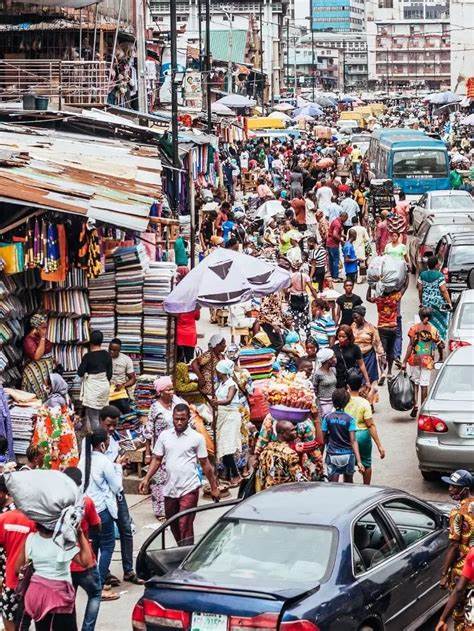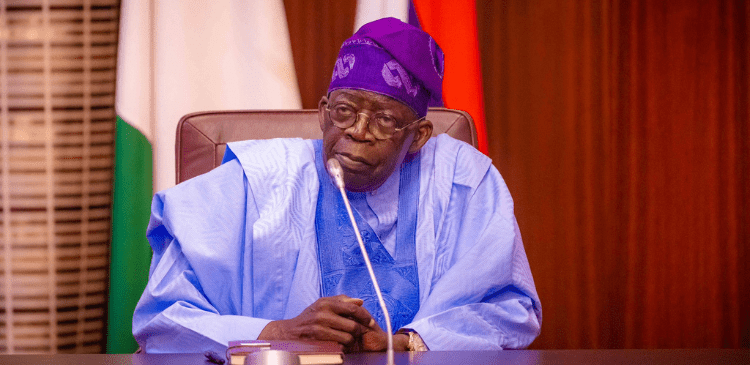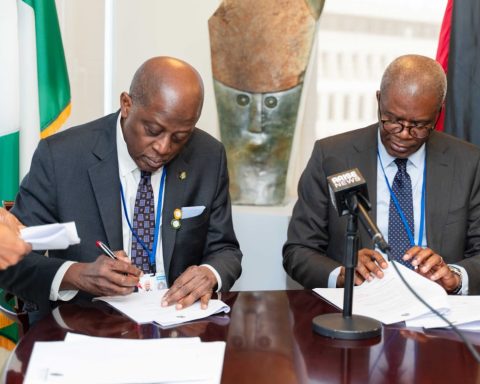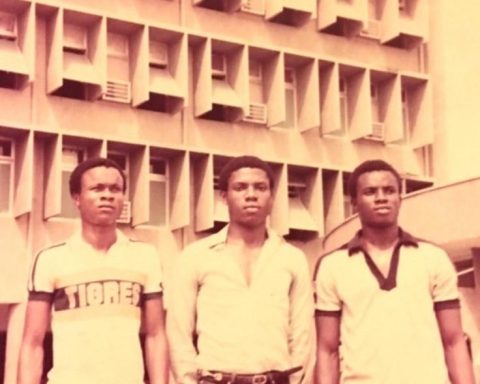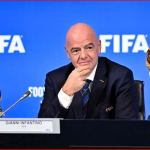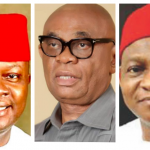It is often said that “Nigeria is the poverty capital of the world.” This phrase has been repeated so often, it has become a global mantra. Headlines scream about 100 million Nigerians living below the poverty line, and that is indeed a crisis.
But in our collective obsession with this statistic, we are missing something far more powerful, far more urgent and far more hopeful.
Join our WhatsApp ChannelNigeria is not just the land of the poor. It is the home of 50 million economic warriors, men and women who spend between $11 and $110 every single day. These Nigerians are not depending on the government, the UN, or NGOs to survive. They are surviving and thriving in spite of the system.
They are the unsung middle class, Nigeria’s silent economic revolutionaries. And their story is the greatest untapped economic narrative of the 21st century.
Numbers Don’t Lie
Let’s be clear, 50 million Nigerians spending an average of $30 per day equals $1.5 billion in daily economic activity, over $540 billion annually. That is more than the GDP of South Africa, Egypt or Morocco.
In pure spending terms, this Nigerian segment outpaces entire countries of Europe such as Portugal, Greece, Switzerland, Spain and Belgium etc.
Yet, these Nigerians don’t feature in global investment maps. They don’t influence fiscal policy. They are rarely counted, never studied, and almost always ignored.
This is not just an oversight. It is an economic tragedy.
The Real Engine of Nigeria
These 50 million Nigerians are the reason Nigeria hasn’t collapsed under the weight of corruption, fuel subsidy politics, epileptic electricity, or broken institutions. They are the ones powering the informal economy, which contributes nearly 60% of Nigeria’s GDP.
They are Small business owners creating jobs in harsh environments, Digital professionals freelancing across borders without stable power, Traders paying multiple taxes to survive, Artisans sending their kids to school without government help and Young people building startups in tech, agriculture, and manufacturing.
They are not asking for handouts. They are asking for a system that works as hard as they do.
Why the Silence?
Why does nobody talk about them? It is because development conversations in Nigeria are either about saving the poor or protecting the rich. The middle is invisible. They are not desperate enough to attract pity, and not powerful enough to demand policy.
But that is exactly why they matter. They are the bridge between survival and transformation.
If empowered, with electricity, internet, infrastructure, access to capital, and fair governance, these 50 million Nigerians will unlock a $5 trillion economy within a decade.
What Nigeria Must Do
This is a call for radical rethinking. Our policymakers must stop designing for donors and start designing for the people who are already moving this economy. They should create policies that remove friction, reduce taxes, eliminate double regulation, and open credit for small players.
Investors coming to Nigeria should look again, where they should prioritize their investment. The gold mine is not just in oil or infrastructure deals. It’s in the wallets of 50 million everyday Nigerians who spend, consume, build, and grow daily.
Additionally, our media must balance the poverty story with the productivity story. Showcase the builders. Spotlight the innovators. Elevate the economic stimulators.
And finally, the International Institutions. You say you want to empower Africa? Then empower the class that is already empowering themselves, not with aid or humanitarian interventions, but access to credit at least interest rate for economic progression.
READ ALSO: Why It Could Take 10-15 Years to Transform Nigeria’s Economy- World Bank
A New Nigerian Story
Nigeria’s greatest resource is not its oil, not its land, and not even its population.
It is these 50 million active, aspirational people, building the future one naira at a time.
They are proof that Nigeria is not a failed state, but an unrecognized miracle.
Let’s stop defining Nigeria by its bottom 100 million and start seeing the power of its rising 50 million. Because if these Nigerians are given the tools they need, they won’t just lift the country out of poverty, they will lift it into prosperity.
And when they rise, Nigeria will no longer be the world’s poverty capital.
It will be the world’s most surprising economic success story.
Abdulrazaq Hamzat is a multidimensional policy analyst, Energy Economics and Executive Director of Foundation for Peace Professionals (PeacePro). He can be reached at discus4now@gmail.com


